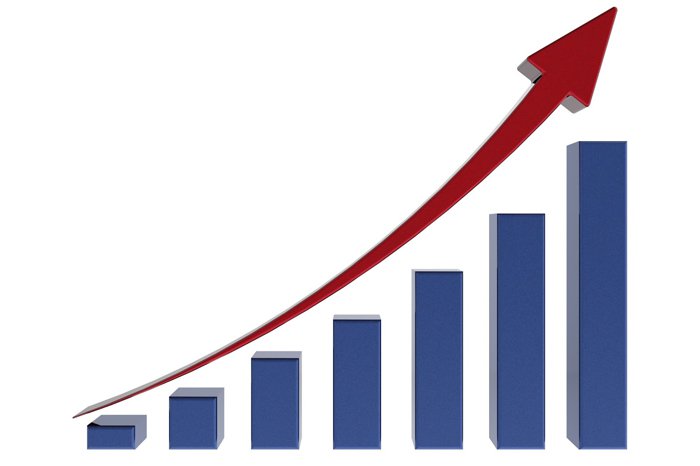Top European bank improves forecast of Moldovan economy's growth to three per cent in 2017
15:48 | 11.05.2017 Category: Economic
Chisinau, 11 May /MOLDPRES/ - The European Bank for Reconstruction and Development (EBRD) has improved the estimation of the Moldovan economy’s growth to three per cent in 2017, against 2.5 per cent in last November.
The Moldovan economy will record a 3.5-per cent increase in 2018, according to EBRD’s forecast in the May issue of the Regional Economic Prospect report. The prospects for the 2017-2018 period are above the average size of the region. The European Bank anticipates an average economic growth of 1.1 per cent for the Eastern Europe and Caucasus, the region in which Moldova is also included, in 2017 and 2.4 per cent in 2018.
Moldova is ranking second among the member countries of the Eastern Partnership, after Georgia, for which EBRD anticipates a 3.9-per cent growth of the economy in 2017 and 4.2 per cent in 2018. The forecasts for Russia are more pessimistic, respectively 1.2 and 1.4 per cent.
The European Bank said that Moldova’s economy had registered a positive growth in 2016, after a recession from the year before. The current account deficit dropped from 6.4 per cent of the Gross Domestic Product (GDP) in 2015 to 4.1 per cent 2016. The Moldovan leu remained stable against the U.S. dollar last year, after it had depreciated by 34 per cent in 2014-2015.
The conditions for crediting in the region have remained, to a great extent, unchanged against the ones recorded one year ago. In most countries, the increase of the portfolio of credits in real terms (adjusted to the inflation and the fluctuations of the exchange rate) was modest or negative and a contraction of crediting is registered in Azerbaijan, Cyprus, Greece, Moldova, Ukraine and Tajikistan.
A new programme of the IMF, approved in November 2016, reduced the pressures of financing through the unlocking of the international budgetary support and via access to the payment of installments within the programme. The major challenges from the banking sector remain, despite a recent revision of the banking supervision and of the regulatory framework. The narrow economic basis of Moldova is concentrated in agriculture, which can lead to volatile increase rates, European experts also said.
The International Monetary Fund has earlier also increased the prospects for Moldovan GDP’s rise from three per cent to 4.5 per cent in 2017 and from 3.6 per cent to 3.7 per cent for 2018. In last March, the Economics Ministry improved the forecast of GDP’s growth from three per cent to 4.5 per cent for 2017 and maintained the prospects at 3.5 per cent for 2018.
(Reporter V. Bercu, editor M. Jantovan)

